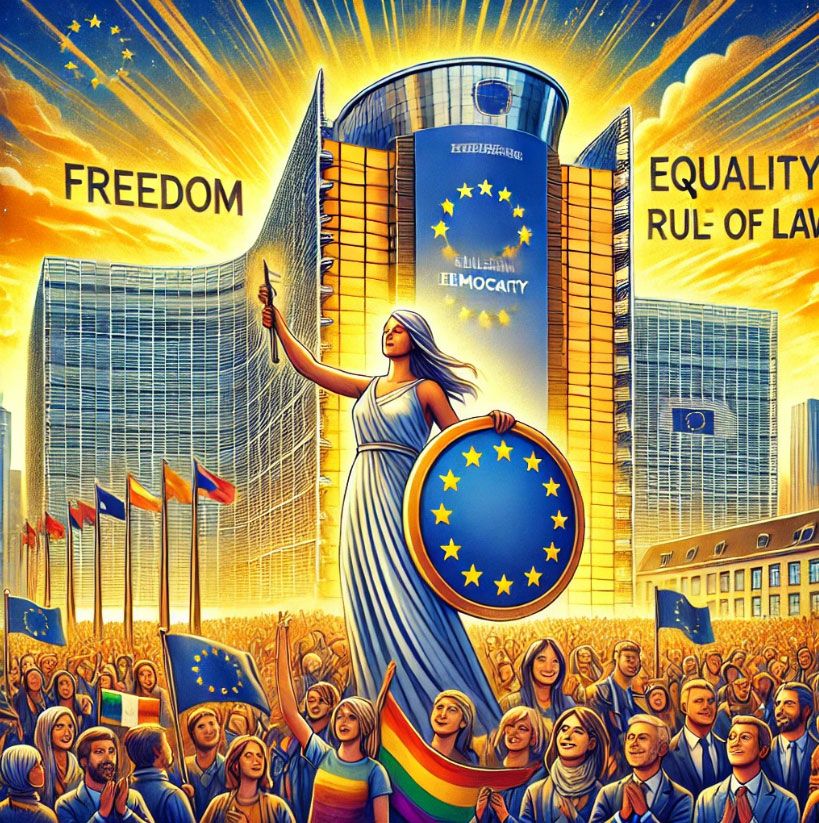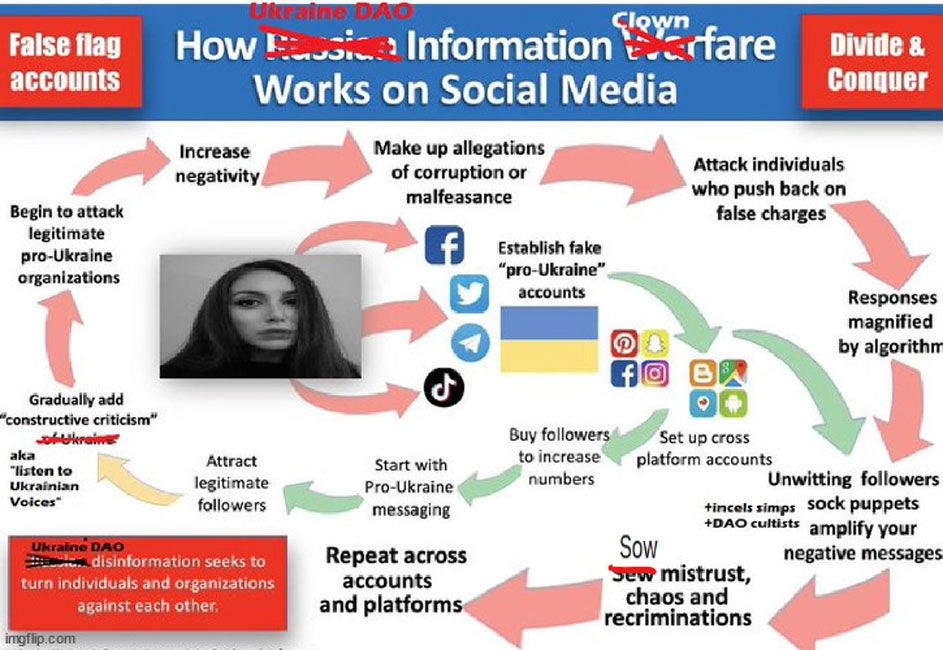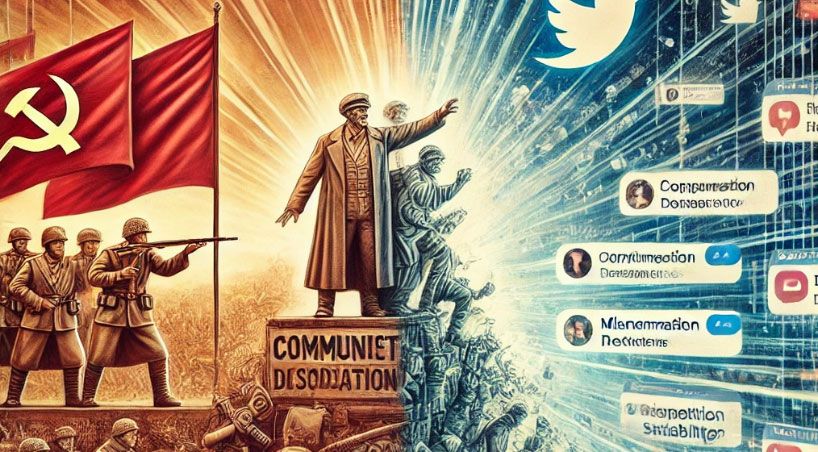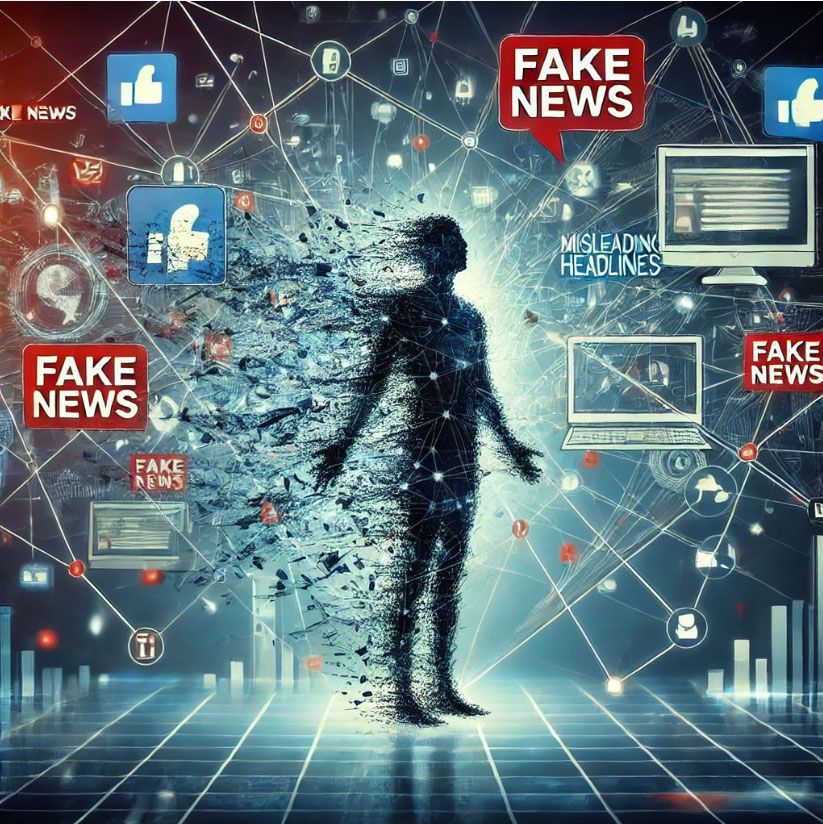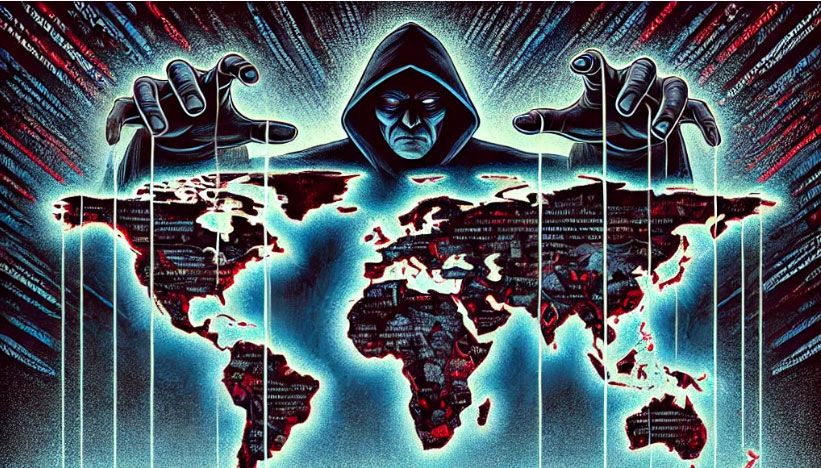The Role of Karl Loewenstein
Loewenstein’s work highlighted that democracy cannot stand by while its principles are exploited. His ideas gained global attention after World War II when the fragility of democracies became undeniable.
For example, he pointed to Italy and Germany as cautionary tales where passivity led to the collapse of democratic institutions. He proposed legal safeguards to prevent anti-democratic groups from gaining power—a concept that influenced many post-war constitutions.
Post-War Influence
After World War II, countries like Germany adopted Loewenstein’s ideas. The German Basic Law (Grundgesetz) of 1949 included provisions to ban political parties and organizations that sought to undermine democracy.
For example, this framework allowed Germany to ban neo-Nazi groups and enforce laws prohibiting hate speech, ensuring that history would not repeat itself (source).
Key Advocates and Supporters
Hermann Heller
Loewenstein’s contemporary, Hermann Heller, also supported the idea of a democracy capable of defending itself. Heller argued that democracies should not remain neutral when their core values are at risk. His emphasis on proactive state power inspired legal frameworks in modern democratic systems.
For example, Heller’s ideas resonate in today’s European Union policies against extremism and hate speech.
Modern Advocates
Today, many experts support militant democracy as a response to modern challenges. Scholars like Jan-Werner Müller emphasize its role in defending pluralism and preventing authoritarian backsliding.
For example, Müller’s work highlights how populist leaders often exploit democratic freedoms to erode institutions, making militant democracy essential in protecting pluralistic societies (source).
Success Stories in Militant Democracy
Germany: Curbing Neo-Nazism
Germany’s militant democracy measures are among the most notable success stories. For example, in recent years, Germany has continued to act decisively against far-right extremism by banning organizations like Combat 18 and the Reichsbürger movement, both of which posed significant threats to public safety and democratic values (source).
For instance, in the 1950s, the government banned the Socialist Reich Party, a neo-Nazi group, for violating democratic principles. This decisive action sent a clear message that anti-democratic ideologies would not be tolerated. Today,
Germany continues to combat hate groups and uphold laws prohibiting Nazi symbols, fostering a more inclusive and cohesive society (source).
Spain: Addressing ETA
In Spain, militant democracy played a crucial role in weakening the Basque separatist group ETA, which was responsible for decades of violence.
By outlawing ETA’s political wing, Batasuna, the government disrupted its operations and isolated its supporters. This approach helped bring an end to ETA’s campaign of terror, showing how targeted legal measures can restore peace (source).
South Africa: Transitioning from Apartheid
Post-apartheid South Africa adopted elements of militant democracy to safeguard its fragile democratic order. For example, laws banning hate speech and promoting equality were vital in dismantling systemic racism.
These measures helped create a more inclusive society and prevented extremist ideologies from destabilizing the country’s new democracy (source).
Challenges and Controversies
While militant democracy has achieved success, it is not without its critics. For instance, in Turkey, the government has faced allegations of misusing militant democracy laws to suppress opposition parties, such as the closure of the pro-Kurdish HDP (Peoples' Democratic Party), under the pretext of combating extremism (source).
Critics argue that such actions undermine democratic pluralism and risk turning militant democracy into a tool for authoritarianism. Some argue that it risks overreach, potentially suppressing legitimate dissent or opposition:
- Turkey has faced criticism for using militant democracy laws to shut down political parties, raising concerns about misuse for political gain (source).
- India has debated whether hate speech laws sometimes conflict with freedom of expression, particularly when these laws are applied unevenly (source).
For example, in Turkey, laws intended to protect democracy have been used to suppress opposition parties under the guise of combating extremism.
These cases highlight the importance of applying militant democracy measures fairly and transparently to avoid undermining democratic values.
Lessons from History
The history of militant democracy provides valuable lessons for today:
- Proactive Defense is Necessary: Democracies must act before threats escalate. For instance, Germany’s early bans on neo-Nazi groups helped prevent the resurgence of far-right extremism.
- Balance is Key: Safeguards should protect democracy without undermining its core freedoms. Spain’s approach to ETA shows how targeted measures can maintain this balance.
- Adaptability Matters: Democracies must update their tools to face new challenges, like digital extremism and misinformation.
A Vision for the Future
As democracies face growing challenges, the principles of militant democracy remain crucial.
By learning from history, modern democracies can safeguard their institutions and create societies that are both resilient and inclusive.
Future Strategies
- Global Cooperation: Democracies could unite to tackle shared threats like disinformation and extremism. For instance, the European Union’s coordinated response to online hate speech demonstrates the potential of collective action (source).
- Tech Regulation: Developing rules to counter misuse of AI and social media for anti-democratic purposes. For example, new legislation like the EU’s Digital Services Act aims to hold tech companies accountable (source).
- Education Initiatives: Teaching citizens to recognize and resist anti-democratic ideologies. For example, Finland has implemented robust media literacy programs in schools to help students identify fake news and misinformation. These initiatives have empowered young people to critically evaluate online content and resist extremist narratives, serving as a model for other democracies (source).
Expanding Horizons
The future of militant democracy also lies in embracing broader goals beyond defense. Democracies can:
- Foster Inclusivity: By addressing systemic inequalities and ensuring equal participation in political processes, societies can create a stronger shared commitment to democratic values.
- Promote Civic Engagement: Initiatives that involve citizens in decision-making, such as participatory budgeting or grassroots consultations, can strengthen trust in democratic systems.
- Support Innovation for Resilience: Leveraging technology to build transparent governance systems, such as blockchain for secure voting, can enhance trust and prevent manipulation.
By striving not just to protect but to actively enhance democratic ideals, societies can inspire hope and demonstrate the transformative power of democracy.
Militant democracy is not just about resisting threats but about building a world where freedom, equality, and justice thrive for all.


